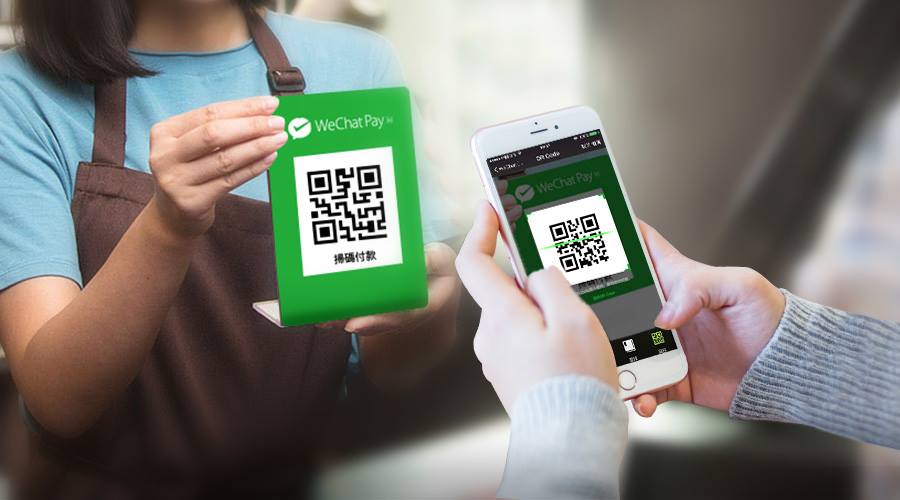WeChat Pay now supports transactions in 13 different currencies (GBP, HKD, USD, JPY, CAD, AUD, EUR, NZD, KRW, THB, SGD, RUB, MYR) and 40 regions for 800 million users, said Grace Yin, director of WeChat Pay, at the RISE technology conference in Hong Kong yesterday, but only two markets will have local-currency wallets (Malaysian ringgit and Hong Kong dollars).
The development of WeChat Pay overseas will be based on Chinese outbound tourists while foreign users will not be the priority, she said.
"It's very hard to do a new payment tool for other countries; that’s why we target the Chinese who are familiar with the user experience of WeChat Pay," Yin said.
Following the steps of Chinese outbound tourists, retailers in Macau, Japan, Thailand will be the first priority for WeChat Pay, and not only in big malls and duty-free outlets but also taxis and convenience stores, said Yin. "If any place has a Chinese tourist, this place will be our market."
"If any place has a Chinese tourist, this place will be our market."
There has been a marked difference in the overseas marketing strategy of WeChat Pay and its closest competitor, Alipay. While Alipay has independently-owned offices in its key overseas markets, WeChat Pay works mostly with third-party developers and agents by opening up its basic APIs to them to meet customised needs of merchants. "That is why WeChat Pay can develop to this scale over the past five years. This is because we have an open ecosystem that is open from the first day. Pony Ma [Tencent co-founder and CEO] once remarked: 'Half our life is handed over to third-party partners'," she added.
As a result, any customised interface comprising not only WeChat Pay, but also public accounts and mini programs, will eventually 'belong' to the brands, with WeChat just owning the underlying platform, Yin said.
For Chinese outbound tourists, the ease of paying in RMB alone is not enough anymore. Rivals Unionpay and Alipay can satisfy their needs for payments, but WeChat Pay can enhance their shopping experiences and communications, she emphasised. To do that, WeChat Pay is playing up its own advantages and maximising the social features of its parent company Tencent.











